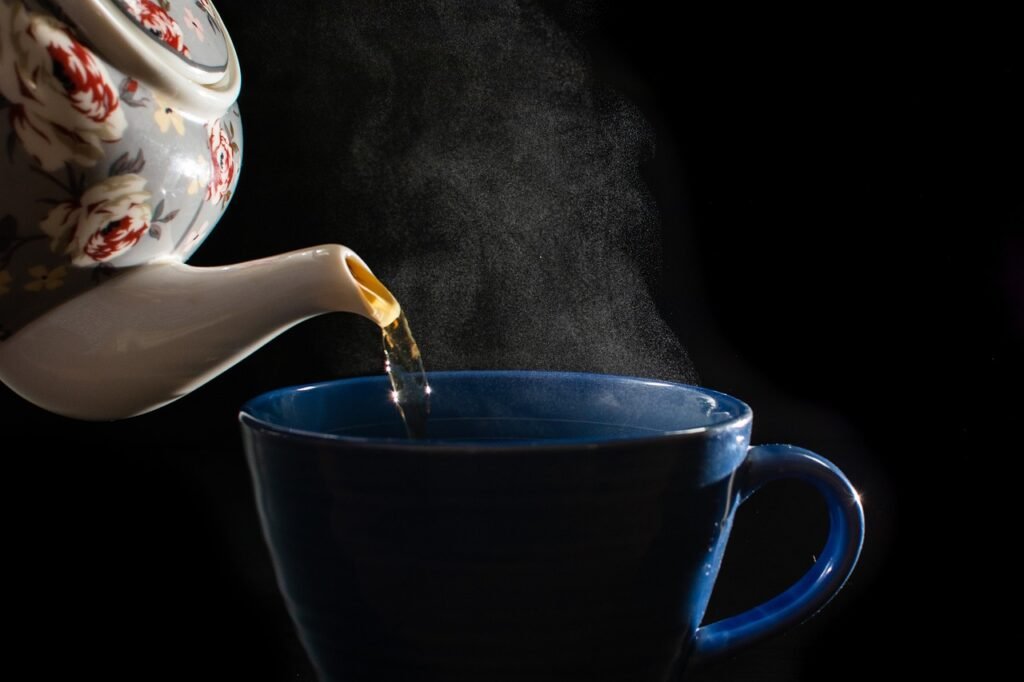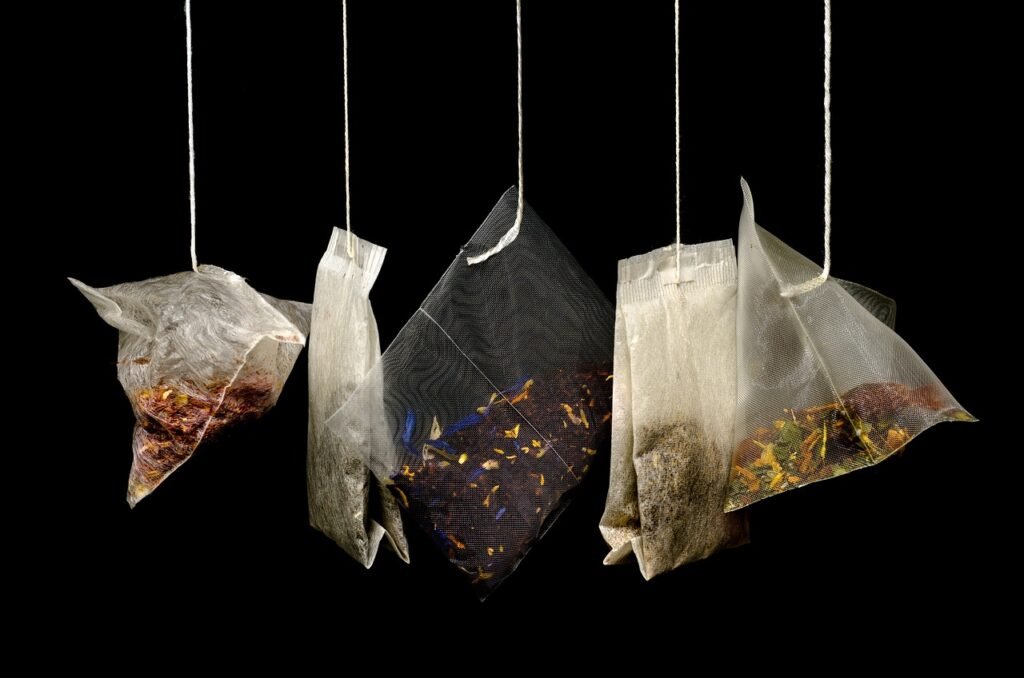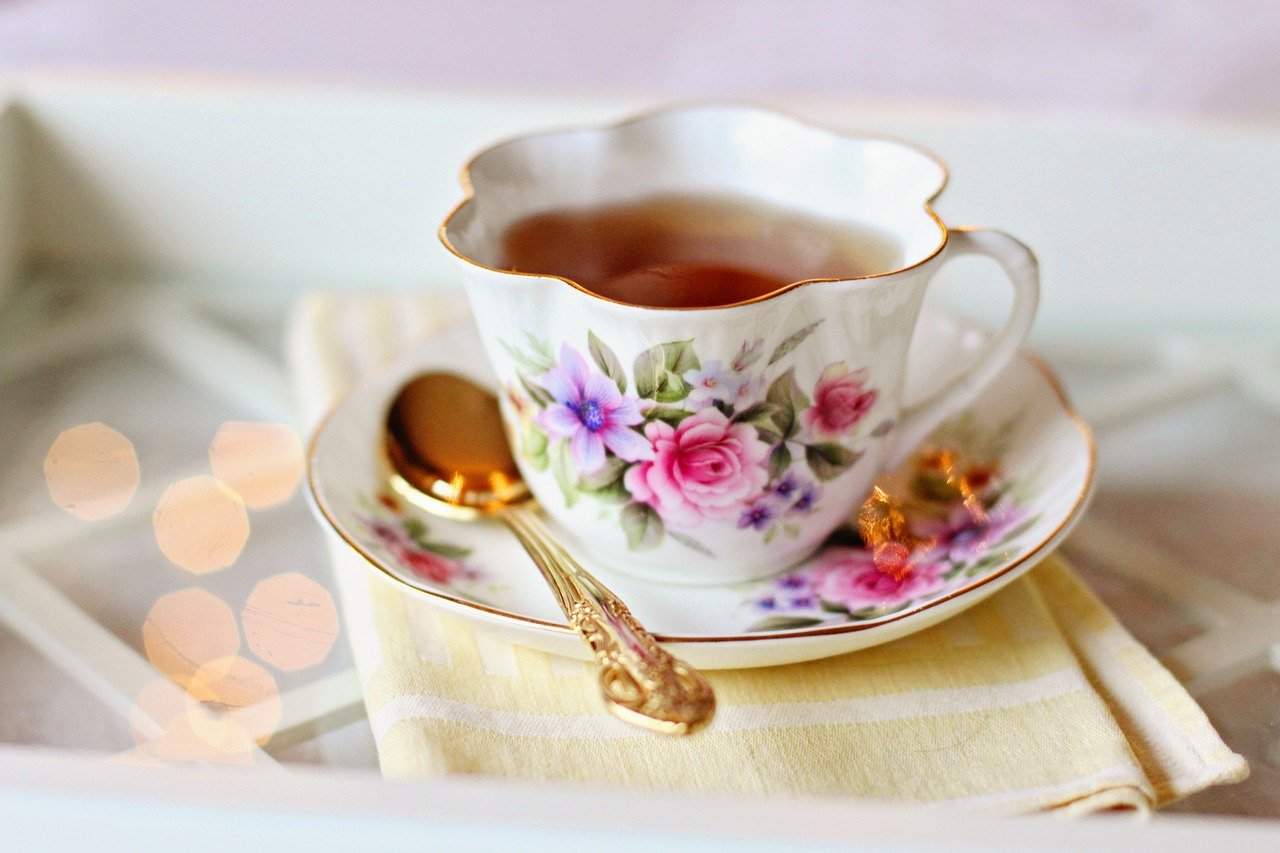
Green tea has gained immense popularity in recent years, and for good reason. With its numerous health benefits and refreshing taste, it has become a staple in many people’s daily routines.
However, with so many options available, it can be overwhelming to determine which green tea is truly the best for your health. In this blog post, we will explore the different types of green tea and provide tips on how to find the perfect cup of goodness for your overall well-being.
So grab a mug, sit back, and join us on this journey to discover the best green tea for your health.
The Green Tea Basics: Understanding its Health Benefits
Green tea has been consumed for centuries in Asian cultures, and its health benefits are now gaining recognition worldwide.
So, what exactly makes green tea so special? Let’s delve into the basics and understand its incredible health benefits.
Rich in Antioxidants
One of the main reasons green tea is so highly regarded is its rich content of antioxidants. Antioxidants are compounds that help protect our bodies from damage caused by free radicals.
The main antioxidant in green tea is catechins, specifically epigallocatechin gallate (EGCG). EGCG has been extensively studied for its potential anti-cancer properties and its ability to reduce inflammation.
Weight Management

The consumption of green tea has also been linked to weight loss and weight management.
Green tea is known to boost metabolism and increase fat burning, making it popular. Additionally, it contains caffeine, which can help improve exercise performance and enhance fat oxidation.
Supports Heart Health
Another benefit of green tea is its potential to support heart health. Studies have shown that regular green tea consumption is associated with a reduced risk of developing heart disease and stroke.
It helps lower bad cholesterol levels, improve blood flow, and reduce blood pressure, all of which contribute to a healthier cardiovascular system.
Brain Function
Green tea has also been found to have positive effects on brain function. The combination of caffeine and an amino acid called L-theanine in green tea can improve focus, attention, and alertness.
Reduced Risk of Neurodegenerative Diseases
It has also been linked to a reduced risk of developing neurodegenerative diseases such as Alzheimer’s and Parkinson’s.
Emotional Well-Being
In addition to its many physical health benefits, green tea may also promote emotional well-being.
The amino acid L-theanine found in green tea has a calming effect and can help reduce anxiety and stress. It can also enhance mood and improve cognitive performance.
It is important to note that while green tea offers numerous health benefits, it is not a magical cure-all.
Incorporating green tea into a balanced and healthy lifestyle is key to reaping its benefits. It should be consumed in moderation as excessive consumption can have adverse effects due to its caffeine content.
Discovering Different Types of Green Tea: From Matcha to Sencha

Green tea is a diverse category, with a wide range of options to choose from.
From the bold and vibrant matcha to the delicate and refreshing sencha, each type of green tea offers its own unique flavor profile and health benefits.
In this section, we will explore the different types of green tea and help you discover the one that suits your taste and health goals.
Matcha
Let’s start with matcha, the superstar of the green tea world. Matcha is made from finely ground green tea leaves, resulting in a vibrant green powder that is whisked with hot water.
This type of tea is known for its strong, rich flavor and creamy texture. Matcha is not only a delicious beverage but also a versatile ingredient that can be used in various recipes, from lattes and smoothies to desserts and baked goods.
The unique cultivation process of matcha, where the tea leaves are shaded before harvest, results in a higher concentration of antioxidants, making it a powerhouse of health benefits.
Sencha
Moving on to sencha, which is the most commonly consumed green tea in Japan. Sencha is made from steamed tea leaves, resulting in a delicate, grassy flavor with a hint of sweetness.
It is a refreshing and soothing tea that can be enjoyed both hot and cold. Sencha is known for its high levels of catechins and vitamin C, which contribute to its antioxidant properties.
It is a great choice for those who prefer a milder flavor and want to experience the essence of Japanese tea culture.
Genmaicha
Another popular type of green tea is genmaicha, also known as “popcorn tea.”
Genmaicha is a blend of green tea leaves and roasted brown rice, giving it a unique, nutty flavor. The roasted rice adds a toasty aroma and a subtle sweetness to the tea.
Genmaicha is a great option for those who are new to green tea and prefer a more mild and earthy taste. It is also a good choice for those who are sensitive to caffeine, as the roasted rice helps to lower the overall caffeine content.
Jasmine Green Tea
If you’re looking for a green tea with a floral aroma and a slightly sweet taste, jasmine green tea is the way to go. This tea is made by layering green tea leaves with freshly picked jasmine blossoms.
The result is a delicate and aromatic brew that is perfect for relaxation and indulgence. Jasmine green tea is not only a treat for the senses but also offers health benefits such as improved digestion and reduced stress.
These are just a few examples of the diverse world of green tea.
Other Green Teas
Other types of green tea worth exploring include gyokuro, a shade-grown tea with a rich and mellow flavor, and hojicha, a roasted green tea with a smoky taste. Each type has its own unique characteristics and benefits, so feel free to experiment and find the one that suits your palate and health goals.
In the next section, we will dive into the top-rated green teas available in the market, helping you make an informed decision when it comes to choosing the best green tea for your health. Stay tuned!
Uncovering the Best Green Teas Available in the Market
As green tea continues to grow in popularity, the market is flooded with countless options claiming to be the best. With so many choices, it can be overwhelming to determine which green tea truly lives up to the hype.
That’s why we’re here to uncover the top-rated green teas available in the market, helping you make an informed decision when it comes to choosing the best green tea for your health.
1. Organic Sencha
First on our list is “Organic Sencha” from Japan. Known for its high quality and authentic taste, this sencha green tea is carefully cultivated in the lush tea fields of Japan.
It boasts a delicate and refreshing flavor with a hint of sweetness, making it a favorite among green tea enthusiasts.
With its antioxidant properties and high levels of catechins and vitamin C, this sencha green tea is not only delicious but also a powerhouse of health benefits.
2. Matcha Ceremonial Grade
Next up, we have “Matcha Ceremonial Grade” from Japan.
This premium matcha is made from stone-ground green tea leaves, resulting in a vibrant green powder that is whisked with hot water. Its bold and rich flavor, along with its smooth and creamy texture, is a delight for the taste buds.
This ceremonial grade matcha is revered for its superior quality and exceptional health benefits. Packed with antioxidants, this green tea helps boost metabolism, increase fat burning, and promote overall well-being.
3. Organic Genmaicha
For those who prefer a more mellow and earthy taste, “Organic Genmaicha” is a great choice.
This unique blend of green tea leaves and roasted brown rice offers a nutty flavor with a toasty aroma. Not only does it provide a satisfying taste, but it also helps lower the overall caffeine content, making it a suitable option for those who are sensitive to caffeine.
With its combination of green tea’s antioxidant properties and the goodness of roasted brown rice, this genmaicha green tea is a winner in both taste and health benefits.
4. Jasmine Green Tea
Looking for something floral? then “Jasmine Green Tea” is the way to go.
This delightful tea is made by layering green tea leaves with freshly picked jasmine blossoms.
The result is a delicate and soothing brew that is perfect for relaxation and indulgence. In addition to its enticing aroma, jasmine green tea offers health benefits such as improved digestion and reduced stress.
These are just a few examples of the top-rated green teas available in the market. Each tea offers its own unique flavor profile and health benefits.
Remember, the key is to find a green tea that not only tastes great but also fits into your overall lifestyle.
So go ahead, explore the world of green tea and find the perfect cup of goodness for your health and well-being.
Cheers to your health!
Brew It Right: Best Practices in Preparing Your Best Cup of Green Tea
You’ve chosen the perfect green tea for your health and well-being, but now it’s time to brew it just right to fully experience all of its amazing benefits.
Follow these best practices to prepare your perfect cup of green tea.
- First and foremost, start with high-quality water. Green tea is delicate and can easily be affected by the water you use. Opt for filtered water or spring water to ensure a clean and pure taste. Avoid using distilled water, as it can result in a flat and lackluster flavor.
2. Next, choose the right temperature for steeping your green tea. Unlike black tea, which requires boiling water, green tea should be brewed with water that is around 160-180°F (70-80°C).
To achieve the ideal temperature, bring your water to a boil and then let it cool for a few minutes before pouring it over your tea leaves or tea bag.
3. The steeping time for green tea is also crucial. While some teas require a longer steeping time, green tea should be steeped for only 1-3 minutes.
Leaving it in hot water for too long can result in a bitter taste. Set a timer or use a tea infuser with a built-in timer to ensure the perfect brew every time.
4. To prevent over-steeping, remove the tea leaves or tea bag from the water as soon as the steeping time is up.
If you leave them in, the tea will continue to steep, which can lead to a bitter and unpleasant taste. Once you remove the leaves or tea bag, give the tea a gentle stir to ensure the flavors are evenly distributed.
5. Now it’s time to savor your cup of green tea.
Take a moment to appreciate its aroma and admire its vibrant color. Green tea is best enjoyed in a ceramic or glass teacup, as these materials help retain the heat and enhance the flavors.
Avoid using plastic or metal cups, as they can alter the taste of the tea.
6. If you prefer a sweeter cup of green tea, you can add a natural sweetener such as honey or stevia.
However, green tea is often best enjoyed on its own, allowing you to fully experience its unique flavor profile.
7. Remember to savor your cup of green tea slowly, taking in the moment and appreciating the goodness it brings to your health. Green tea is not just a beverage, but a mindful experience that can help you relax, unwind, and nourish your body and soul.

So, whether you’re starting your day with a steaming cup of green tea or winding down in the evening with a soothing brew, follow these best practices to prepare the perfect cup of green tea.
By paying attention to the water temperature, steeping time, and the overall experience, you’ll unlock the full potential of this remarkable beverage and enjoy its many health benefits.
Cheers to your health and happiness!
Related Articles:
Latte vs cappuccino: Which is the Best Espresso-Based Drink for You?
Is 6 Hours of Sleep Enough for Every Age Group?
As an Amazon Associate, I earn from qualifying purchases.





